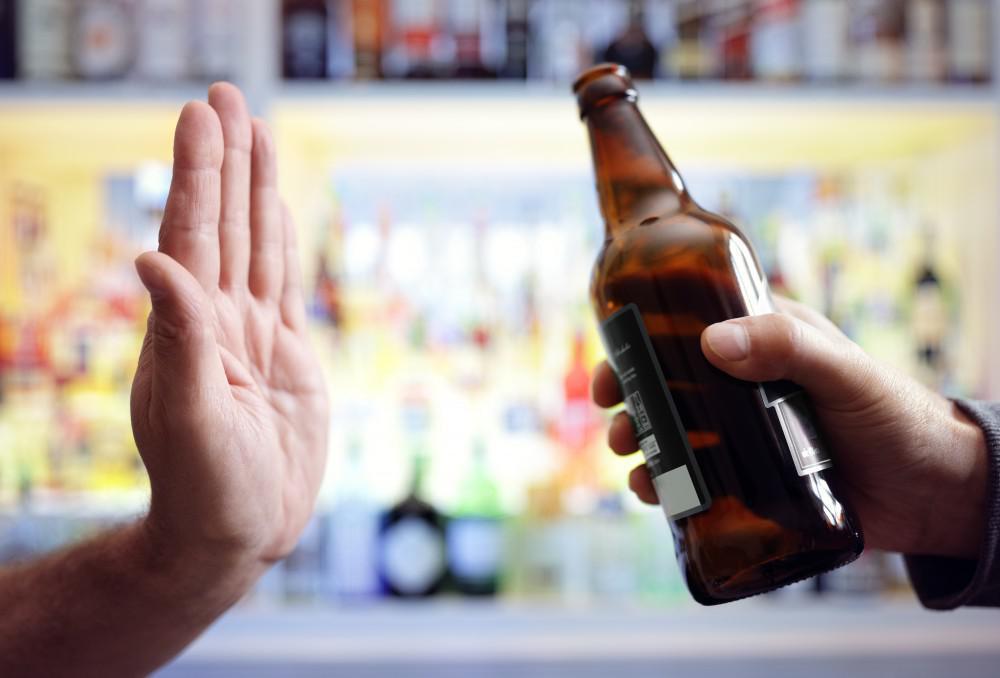
5 Tips for Staying Sober
You’ve done the work to become clean and sober, and you want to do what you can to stay that way. Here are five great tips that will help you safeguard your freedom from a substance use disorder.

Substance use comes in many forms, and not all substances affect the body and mind in the same way. If you’re considering outpatient treatment—either for yourself or someone you care about—knowing how different substances work can help you understand the risks, withdrawal symptoms, and treatment options.
Different substances require different types of care. A quality outpatient program will:
No matter the substance, recovery is possible. The first step is understanding the role the substance plays in your life and getting support tailored to your needs.
If you’re ready to talk to someone, our team at Northview Wellness can help you explore options that fit your situation and goals—confidentially and without judgment.

You’ve done the work to become clean and sober, and you want to do what you can to stay that way. Here are five great tips that will help you safeguard your freedom from a substance use disorder.

The connection between a substance use disorder and a mental health issue is a strong one, as the nearly eight million Americans who have a co-morbidity prove. When this occurs, treating both issues is paramount.

Addiction is a chronic disease that requires constant vigilance and good management. When a person falls short, relapse can occur. If you’re worried that a loved one has relapsed, here are some signs to look out for.

You believe that you’re drinking isn’t normal anymore, and you’re tired of the overwhelmingly negative effects that alcohol is having on your life. The good news is that alcoholism is highly treatable.

The rise in availability of telehealth services has been great news for those who need (or would prefer) to receive quality health care from the comfort of their own homes. These services also extend to substance use disorders.

Marijuana may be legal, but like with alcohol, how you use this legal substance makes a difference. If you develop a use disorder, marijuana can be quite harmful and affect a number of areas of your life.